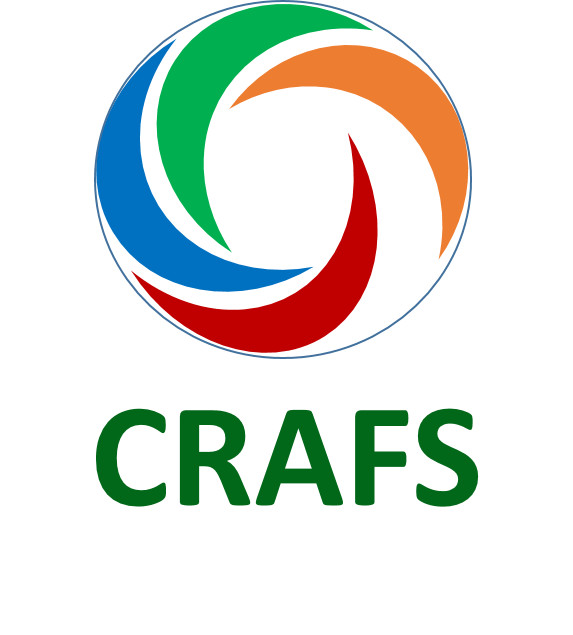On March 9, 2022, Ms. Do Thi Thu Ha from the Climate-Resilient AgriFood Systems (CRAFS) group introduced to farmers and local authorities in Au Lau commune, Yen Bai city about climate smart village model.
Au Lau commune is located in the southwest of Yen Bai city. The commune spreads over an area of 1,589.5 hectares (agricultural land: 1,225.6 ha; non-agricultural land: 256.2 ha; unused land: 101.6 ha). There are 1,404 families in the commune with a poverty rate of 1.42%. Farmers have seen extreme weather events in recent years, such as hail, heavy rain, and cold spells. These climatic anomalies have severe impacts on crop yield, and therefore, agricultural production.
According to Ms. Ha: “Climate risks and their impacts have been making local agricultural production and livelihoods more challenging. In some localities in Yen Bai province, people have adopted a number of mitigation and adaptation measures. However, these practices are not really effective because of lack of connectivity in implementation. Therefore, the climate-smart village (CSV) model has been introduced and scaled to strengthen the adaptive capacity and resilience to climate change. The CSV model is people-centered with a two-way exchange of indigenous and scientific knowledge/experiences between farmers and local authorities/ farmers and academic institutes/ farmers and farmers.”

Au Lau Farmers participating in the workshop
According to Mr. Ho Ngoc Chinh, head of Cua Ngoi village of Au Lau commune “Many farmers in the village own agricultural land near the water bodies, so they cannot cultivate from July to October every year because of flood occurrences. In recent years, due to climate change, disease outbreaks in livestock and poultry have also greatly affected livelihoods of the local people. Some areas in the village where the foothills of the fields are high, so farmers have abandoned these fields due to lack of water for irrigation.”
Based on the field surveys and focus group discussions with farmers and local authorities about the current status of agricultural production in Cua Ngoi village, the CRAFS research team has proposed four climate-smart agriculture technologies and practices (CSA T&Ps), including: i) Composting from post-harvest straw; ii) Vermicomposting; iii) Contoured forage grass barriers; iv) Biological bedding in poultry production
At the end of the workshop, Cua Ngoi farmers understood the CSV concept and have registered to implement the CSA T&Ps that were jointly selected and prioritized with the support from the CRAFS team. Cua Ngoi village will set out a ‘light house’ for scaling the CSV model to other villages and communes within Au Lau commune and Yen Bai city.

A group of farmers registered to implement composting post-harvest straw
Đỗ Thị Thu Hà – CRAFS

 Tiếng Việt
Tiếng Việt